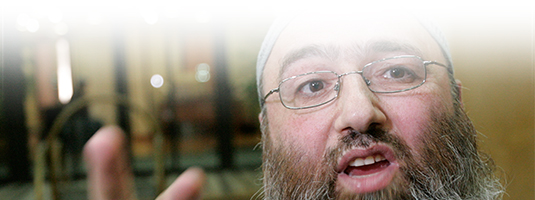With apologies for the silence, it has been a very busy and hectic time in a number of different directions. Things ramping up in many different ways for the end of the year, so am only now getting around to posting my latest journal article for my institutional home’s in-house publication the RUSI Journal. It looks at Lone Actor terrorism in the UK in the wake of the Woolwich attack, something that abruptly became very relevant again recently as a result of a number of disparate attacks in Canada and now Australia. More on this topic to come.
Over the past few weeks have also spoken to a few journalists, including the Los Angeles Times about the UK’s counter-radicalisation efforts, the Financial Times and Jewish Chronicle about the difficulties posed to counter-terrorists across Europe due to the free movement around the EU, to the Guardian about the ongoing chaos in Libya, to NBC about ISIS, and the Financial Times and Telegraph about events in Sydney and lone actors. On the other side of the docket, spoke to Bloomberg about the Silk Road Economic Belt and Li Keqiang’s visit to Kazakhstan, to Voice of America about Xi Jinping’s anti-corruption drive in the wake of the charging of Zhou Yongkang, and to the Associated Press and South China Morning Post about terrorism in Xinjiang. Finally, I was on the BBC’s Newsnight about the Sydney attack last night, which can be seen here for the next month.
The RUSI Journal article is freely available online here, and rather than post it on this site
A Death in Woolwich: The Lone-Actor Terrorist Threat in the UK
RUSI Journal, Oct 2014, Vol. 159, No. 5
By Raffaello Pantucci



